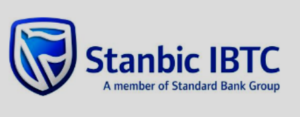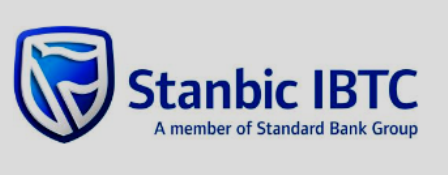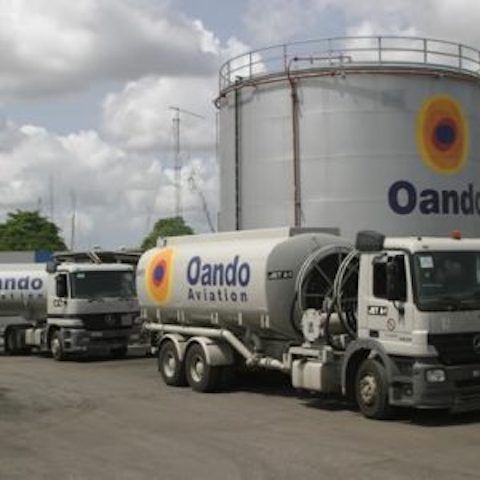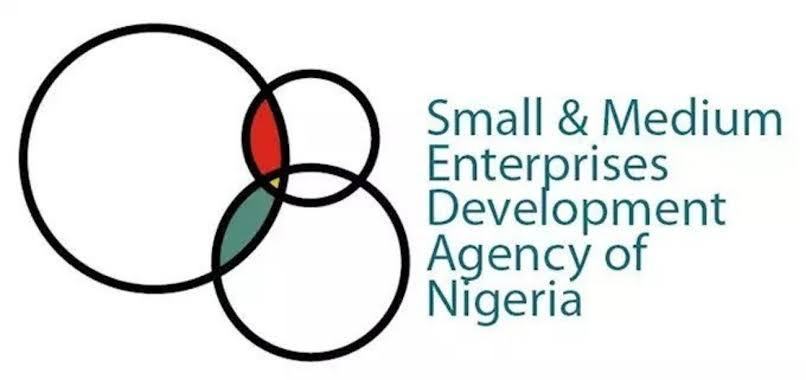
Dr Demola Sogunle, Chief Executive Officer of Stanbic IBTC Holding Plc, has said that the bank established a N100 billion fund to help close the infrastructure gap in Nigeria.
Sogunle said this at a Hybrid event organised by the Rotary Club of Ikeja, District 9110 with the topic, “Solving Infrastructure Deficit in Nigeria”, on Monday in Lagos.
According to him, infrastructure deficit truly exists in Nigeria and begs for immediate solution.
“So, in order for us not to complain, we saw the situation and decided to create value by introducing IBTC Infrastructure fund of N100 billion, and the important thing is that we have started disbursing already.
“The plan is simple: we would provide project owners with long-term capital to fund their projects whilst investors enjoy competitive returns as well as achieve set investment goals.
“The Fund would be released in tranches, starting with the first N20 billion tranche which is now open for subscription, providing an avenue for investors to gain exposure to critical infrastructure projects.
“The tranche has a 12-year maximum duration,’’ he said.
Sogunle also said Nigeria, ranking 7th in terms of population, needed 1.5 trillion dollars over the period of 10 years to close infrastructure gap, which is a lot of money.
He said that the budget that was put to infrastructure projects could not take Nigeria anywhere.
“The 4.89trillion capital expenditure, dedicated to infrastructure projects accounts for 30 per cent of the proposed 2022 budget.
“The infrastructure stock, is about 30 per cent of our GDP, our GDP is about 400 billion dollars plus; Nigeria infrastructure stock of 30 per cent of GDP remains far below the 70 per cent international benchmark and it’s not going to take us anywhere.
“This is just for us to know the enormity of the issue,’’Sogunle said.
He noted that African countries like Egypt, Tunisia, South Africa, etc, were far ahead of Nigeria in terms of infrastructure development.
He said that in the 2019 Global Competitiveness Index Report, Nigeria scored 48.33 points out of 100 and ranked 130th of 141 countries surveyed for the overall quality infrastructure.
Sogunle mentioned some challenges affecting infrastructure development in the country.
These include, huge capital outlay versus Budget Constrains and Huge cost of financing, political and regulatory risk which is high, poor maintenance culture, low risk appetite by financial institutions and suboptimal record of past projects.
The bank CEO also said that the impact of $10bn infrastructure investment required on GDP growth rate was assumed at N3.6trillion (US$10billion) per year from 2019 to 2030 according to Nigerian Integrated Infrastructure Master plan (NIIMP).
He said that the real GDP was expected to decline by 0.19 per cent in 2020 but rebound to 3.85 per cent by 2021 and 10.68 per cent by 2030, reflecting the impact of the implementation of the plan.
He stressed that if 10 per cent of the proposed 10 billion dollars, ($1bn) is invested, this would still bode well for the economy and positively impact the GDP growth given the current level of infrastructure deficit.
Sogunle advocated a positive public-private sector collaboration to tackle infrastructure gap in the country, recommending unconventional financing methods e.g. Road infrastructure tax credit scheme, infrastructure funds etc .
He said there was the need for implementation of investment-friendly laws, Public-Private Partnership (PPP), procurement (Due process for bids).
He also suggested increased participation of private investors in infrastructure investments and consistent sector policies.














